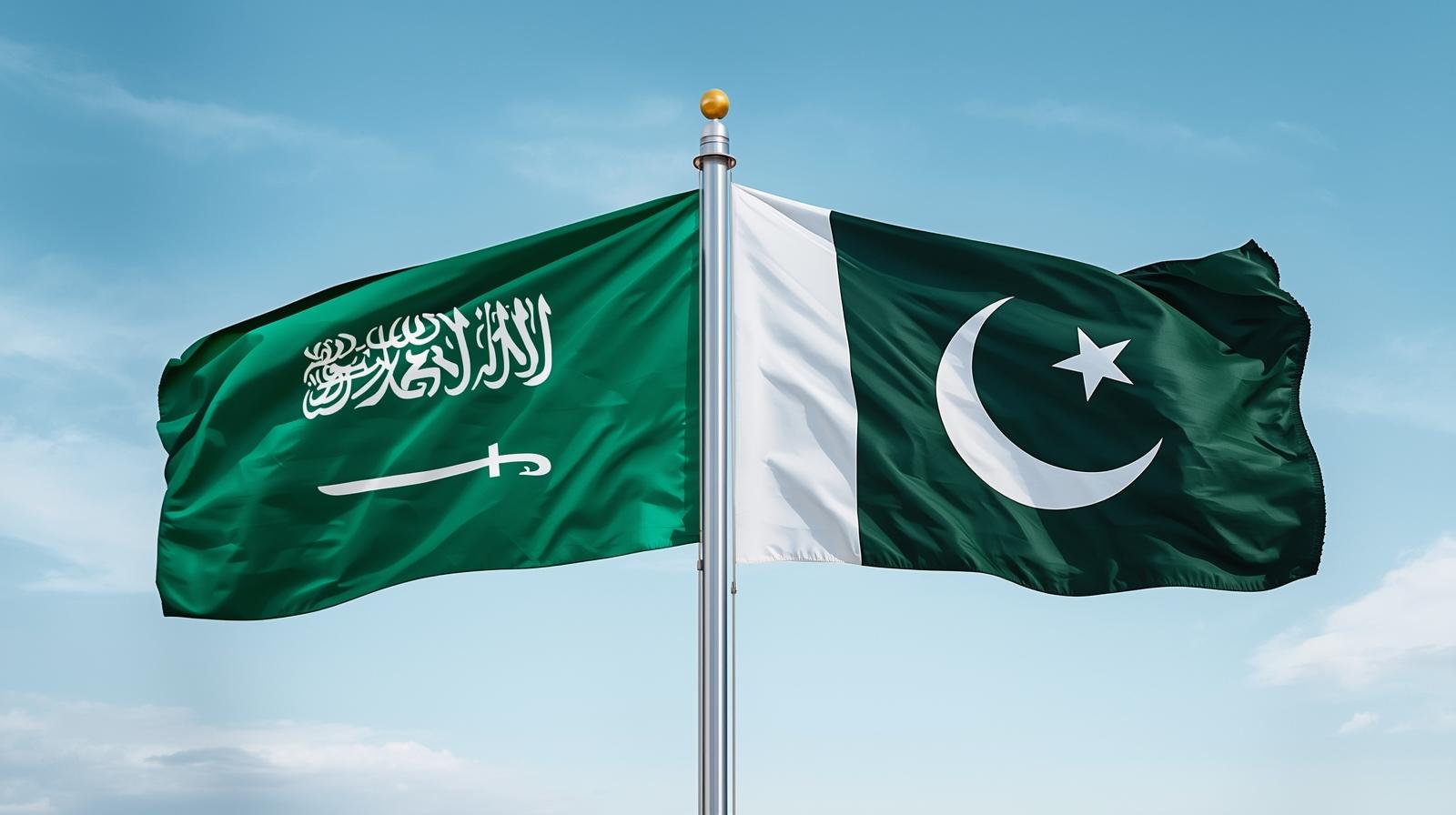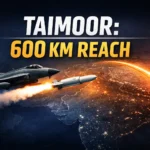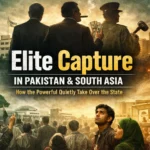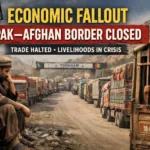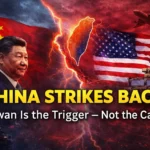By Ch.Haroon Rashid
Doha Incident and Arab Insecurity
The Saudi–Pakistan defense pact cannot be understood without recalling the vulnerability exposed in Doha. Despite the presence of major U.S. military bases in Qatar, the region witnessed attacks that went unanswered. This raised deep questions about Gulf security and whether Washington could still guarantee protection. The Doha incident planted the seeds of Arab insecurity that continue to influence Saudi strategic decisions.
Israeli Aggression and Middle East Stability
The escalation of Israeli aggression in Gaza further amplified regional anxieties. Arab states saw how Israel acted with near impunity under U.S. diplomatic cover. This eroded confidence in the long-standing U.S.–Saudi security bargain and made Gulf leaders question whether American guarantees still ensured Middle East stability.
Why Pakistan? A Trusted Military Role
Against this backdrop, Pakistan emerges as a natural partner for Riyadh. Beyond its large and battle-hardened military, Pakistan carries unique legitimacy: as a Muslim nation, it is widely seen as the most credible defender of Makkah and Madinah. Historically, Pakistani forces have defended Saudi territory, trained Saudi troops, and provided operational support. Unlike Western powers, Pakistan has no colonial baggage and no hidden agenda. It offers both military capability and religious legitimacy — qualities that strengthen its role in Gulf defense cooperation.
The U.S. Factor and Waning Monopoly
For Washington, this pact is a reminder that its strategic dominance is no longer exclusive. Saudi Arabia remains a major investor, energy supplier, and importer of U.S. arms, while Pakistan has been a long-time ally in the Cold War and the War on Terror. Yet, the pact shows Riyadh is hedging: diversifying its security partnerships to reduce reliance on Washington.
Every new episode of Israeli aggression magnifies Arab doubts and nudges them toward alternative security arrangements. For the U.S., this reflects a gradual erosion of its monopoly over Gulf security.
A Stance on U.S. and Israel
The Saudi–Pakistan pact does not directly force Washington to restrain Israel, but it highlights the cost of imbalance. For decades, U.S. influence in the Middle East rested on the perception of protection. That perception now looks weakened — not from lack of weapons, but from the political reality that Arab concerns appear secondary to Israeli freedom of action.
More arms sales cannot repair this credibility gap. The core challenge is political. As Arab states hedge through arrangements like the Saudi–Pakistan pact, Washington is reminded that its strategic role in the region is being tested.
Conclusion
The Saudi–Pakistan defense pact is not merely a bilateral move — it reflects wider Gulf insecurity, Israeli overreach, and the shifting balance of power in the Middle East. For Washington, it underscores that U.S. primacy is being challenged by alternative alignments. For Riyadh, it is about diversification and reassurance.
In essence, this pact symbolizes a recalibration of Gulf security — less about replacing allies, and more about reshaping the strategic landscape where Pakistan plays a renewed military and symbolic role.
